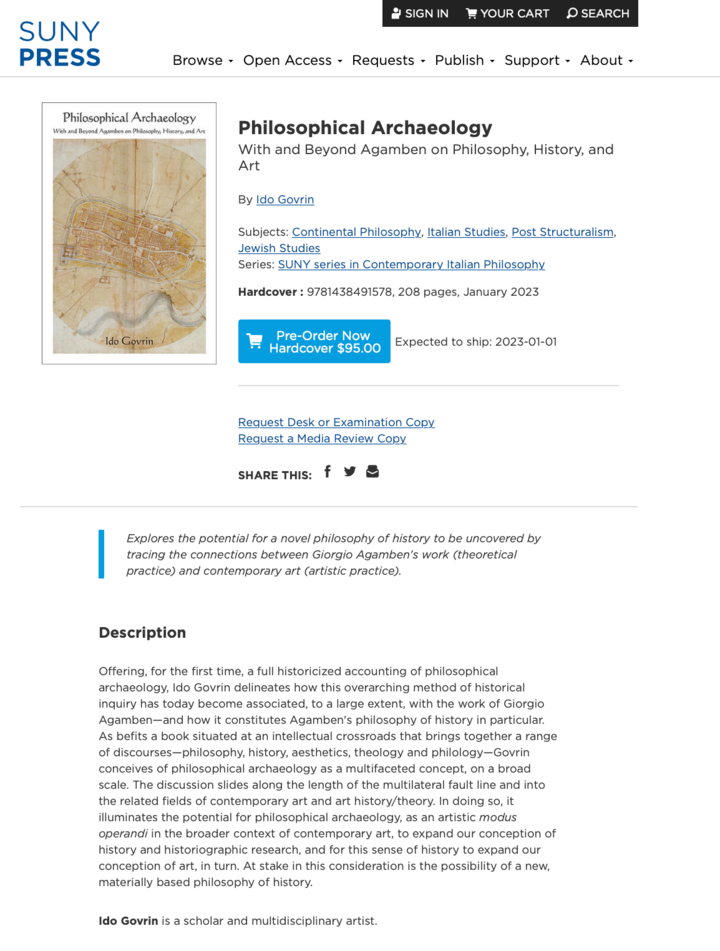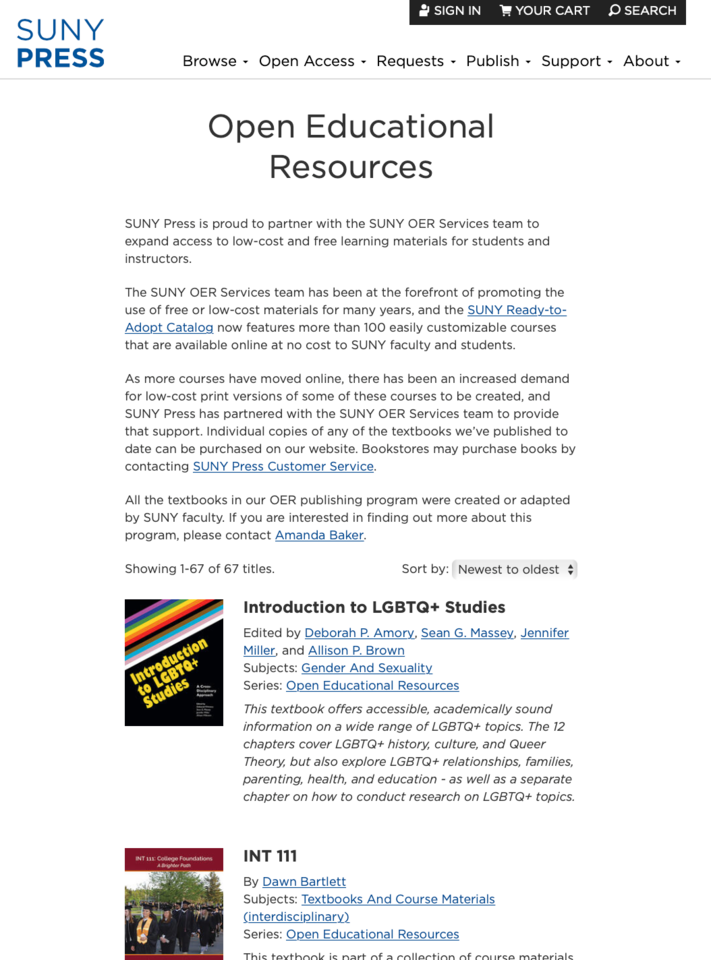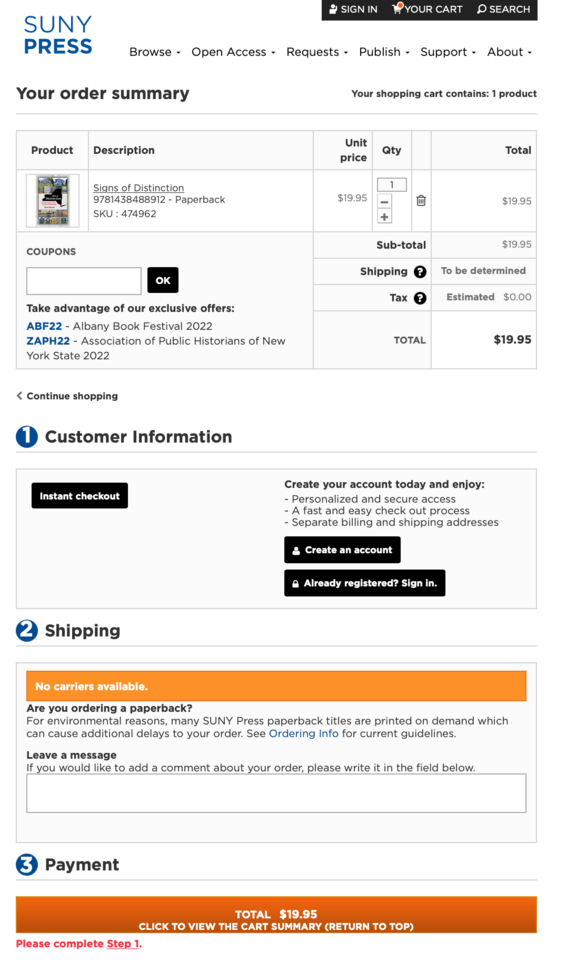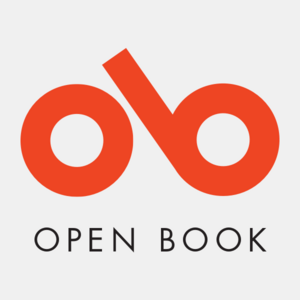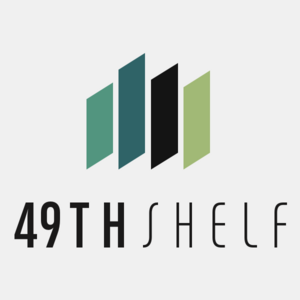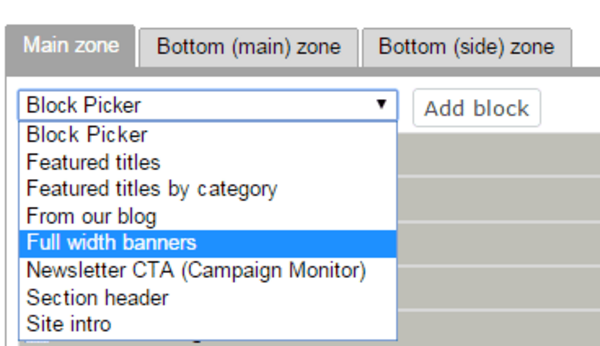Explore flexible commerce features with Mugo’s ReaderBound platform for publishers
By: Doug Plant | October 14, 2022 | Business solutions and ReaderBound
Specialty presses have specific requirements that aren’t met by run-of-the-mill websites or standard e-commerce solutions. Their readers are among the most demanding consumers you’ll find online, and they want precise details about your publications, trustworthy reviews, and recommendations from a community of like-minded readers.
A retail shopping cart e-commerce system isn’t up to the standard these customers expect.
This is part of the reason why Mugo built ReaderBound, an all-in-one, a feature-rich website platform for publishers. The specific demands of this industry require an integrated, purpose-built commerce experience.
(Note: This article is cross-posted on the ReaderBound blog. Check out the full post here!)
Integrated with the ReaderBound tools is the open-source PrestaShop commerce platform to create an optimal, highly scalable solution that grows to meet exacting needs. With ReaderBound commerce, you can:
- Define your products in the exact terms that speak to your target audience
- Build collections and series based on any custom criteria
- Manage author and preferred customer accounts
- Integrate with third-party sellers and open new sales channels
And that’s just the start.
Here are some reasons ReaderBound is the ideal custom solution for publishers.
Catalogs beings in a CMS, not a cart
The major shortcoming of most shopping carts is that they have limited page templates and yet are designed to host your entire catalog. Product and collection data – the information readers find genuinely compelling – reside in the shopping cart’s database instead of the CMS.
If your offerings don’t match the e-commerce concept of a “product,” it can be an awkward fit, forcing publishers to compromise on how they promote their business. Book information such as author bio, awards, and series category is different than a t-shirt’s size or color.
With ReaderBound, catalog data is stored in the CMS and can be configured to hold any metadata that’s important to you & your consumer. We can import this data via an ONIX feed or other third-party integration, or you can create it manually within Ibexa’s intuitive site management tools. We pass thumbnails of this data to the equally scalable PrestaShop e-commerce platform to ensure ease of operation and consistency throughout the shopping experience.
ReaderBound's flexibility is key to optimizing customer experience
The flexibility of ReaderBound’s metadata and publishing tools lets you optimize every customer touchpoint. With ReaderBound, you can:
- Exercise complete control over how you define your products
- Fine-tune your product pages
- Build collections that understand your consumer
- Sell through more than one channel
- Extend shopping cart functionality
- Tailor checkout experiences
Exercise complete control over how you define your products
The CMS’s scalable content database allows for an incredible panoply of attributes representing a physical book or other media.
Specialty presses need to go beyond the basics of ISBN, author, and the like. They need to include contributors, citations, series, niche categorizations – any way readers want to research topics and track down books.
ReaderBound's database is preloaded with fields for author bios, review quotes, historical notes, and more publisher-centric information. And since your instance of ReaderBound is custom implemented for each client, we can easily extend the database schema to fit any way publishers want to sort and present their books.
Fine-tune your product pages
Every press is different, and even within specific collections and categories, it may be necessary to emphasize different attributes of publications based on the target audience.
The design and content of ReaderBound product pages are entirely up to the client. “You may also like” recommendations can be based on category, author, collection, or preferred criteria. There are predefined page templates, and authorized users can build unique individual product pages by employing the numerous design elements included in ReaderBound.
Build collections that understand your consumer
If a reader is interested in one publication about a topic, there’s a good chance they will consider purchasing similar materials. Small businesses miss out if they rely on generic tags and recommendations to push those additional sales. Collections are an option to help build better discoverability for consumers. Publishers often need to curate collection pages for special events, such as National Indigenous History Month, or to target a specific marketing opportunity. Collections can include rich media, online events, interactive experiences – anything that enhances the goals of the collection.
ReaderBound lets teams create collections that can include any number of page elements, supplementary material, and calls to action. A good example is this SUNY Press page highlighting low-cost course books and resources.
Sell through more than one channel
The CMS is designed to integrate with any data source. We often import third-party purchase links from retailers like Amazon or Indigo for audiobooks, ebooks, or other related media. Clients may choose this opinion for cross-channel media deliverability or simply to cater to purchaser preference.
Extend your shopping cart functionality
In ReaderBound, we’ve created an off-the-shelf toolkit that works great as is. But because we understand that every press is a little different, we also choose to build on open platforms like PrestaShop that allow us to extend functionality when needed. If we think the use case is common enough – such as APIs to consume ONIX and other data feeds – we’ll write them ourselves and add them to the ReaderBound core.
For some uses, plug-ins created by the PrestaShop developer community are the better answer. We use a plug-in to manage localized postage, shipping costs, and sales taxes, which can get exotic. In New York, postal sales vary from zip code to zip code. Writing a tool to handle this complexity would burn a ton of resources, so we rely on a trusted PrestaShop plug-in to handle it.
That’s an important distinction. Many commodity online systems rely on plug-ins for core functionality, such as calendars, workflow, or user input forms. That makes for degraded site performance and a shorter in-service lifecycle. With a purpose-built platform like ReaderBound, your site’s core code base does the heavy lifting.
Tailor checkout experience for maximum sales
About 70 percent of online shopping cart sessions end with the consumer abandoning the process. For a small press, even a 20 percent improvement in cart completion rate can translate into tens of thousands of dollars in sales annually.
A few years ago, we wrote about some tactics to improve cart conversion, and this advice is still applicable. The key is to provide full visibility into the transaction so that the customer is not surprised by a new total, with added charges, immediately before clicking that “confirm purchase” button.
All shopping carts allow for some checkout configuration, but as an open developer’s platform, PrestaShop’s options are extensive. SUNY Press employs a three-section, single-page setup with in-line links to help customers review and edit order information, as seen in the image below.
Want to learn more about these features? Read the rest of the article on ReaderBound's blog.
Choosing the right e-commerce solution for your business
We developed ReaderBound as a custom platform for publishers because of the unique requirements required for that industry. But every business is unique and deserves a custom solution that best suits the needs of its customers. Choosing the right option for your business can be challenging, but we are happy to help. Not only can we work with you to evaluate options, but we can also develop solutions that go further than the generic, out-of-the-box options currently available.

